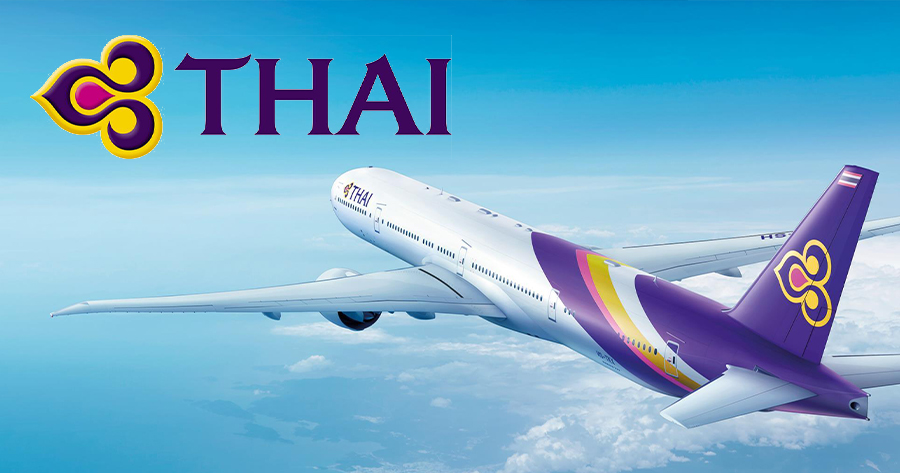After Thai Airways International Public Company Limited (SET: THAI) was able to resume trading on the stock market following the completion of its debt restructuring process on June 16, 2025, the company now has a more streamlined cost structure, higher profitability than its competitors, and more efficient management—particularly in addressing previously inflated staff and maintenance expenses.
UOBKayHian Securities (UOBKH) has given THAI a ‘BUY’ recommendation in its initial analysis and a target price of THB 17.00 per share, compared to the current price of THB 14.50, representing an upside of approximately 17.24%.
THAI’s executives aim to increase its market share from 26% back up to 35% by 2029, using a strategy to expand its fleet, emphasizing fuel-efficient narrow-body aircraft such as the A321neo, of which 32 units are scheduled for delivery starting in 2026. These will serve short- and medium-haul routes, which are the company’s most profitable routes.
Additionally, THAI plans to acquire over 45 new aircraft to enhance its competitive capabilities and leverage its strong international aviation alliance network to attract premium passengers. Fuel costs remain the company’s largest expense, accounting for around one-third of total costs. The expected decline in crude oil and jet fuel prices during 2025–2026 is anticipated to significantly support net profit.
THAI is also planning to refurbish its Premium Economy class, increasing its share from 12% to 26%, which is expected to raise average revenue per passenger by 18.1%.
As for lower maintenance costs resulting from fewer engine types, THAI is restructuring its fleet by phasing out Rolls-Royce engines and switching to Boeing aircraft powered by General Electric engines. The company has already reserved 45 B787 aircraft, with a goal to reduce the number of engine types from nine to five, lowering maintenance costs and increasing flexibility.
For its 2025 operating results and forecasts, a net profit of THB 32.45 billion is expected, with a net margin of around 16–17%, higher than regional competitors. Meanwhile, the Ministry of Finance’s shareholding has been reduced to 38.9% after the debt-to-equity conversion, eliminating the possibility of THAI returning to state enterprise status and giving investors more confidence.
Asia Plus Securities estimates THAI’s normalized profit in 2025 to increase by an average of 15% to THB 32 billion, up from a net loss of THB 26 billion, and normalized profit in 2026 to reach THB 33 billion, an increase of 2% YoY.
Regarding incentives for creditors who converted debt for equity not to sell off shares after the lock-up period, Asia Plus Securities views that a high dividend yield compared to creditors’ cost basis could delay share sales once the lock-up expires.
According to the analyst’s conservative research, dividend distribution would begin from the 2026 period (allowing for the accumulation of retained earnings at THB 22 billion). However, if payouts begin in 2025, it would benefit shareholders. Under a dividend payout ratio of 25%, dividends per share for 2025–2026 would be THB 0.28–0.29 per share (representing a dividend yield of 11% compared to the creditors’ cost basis of THB 2.5452).




